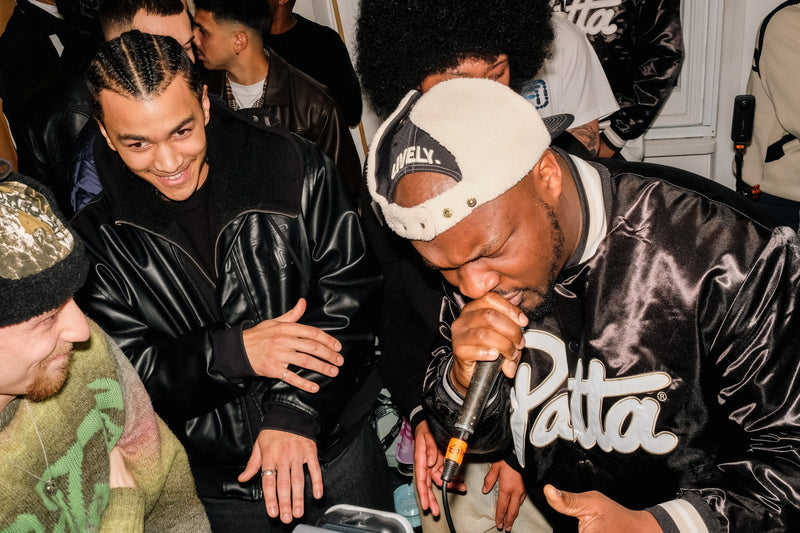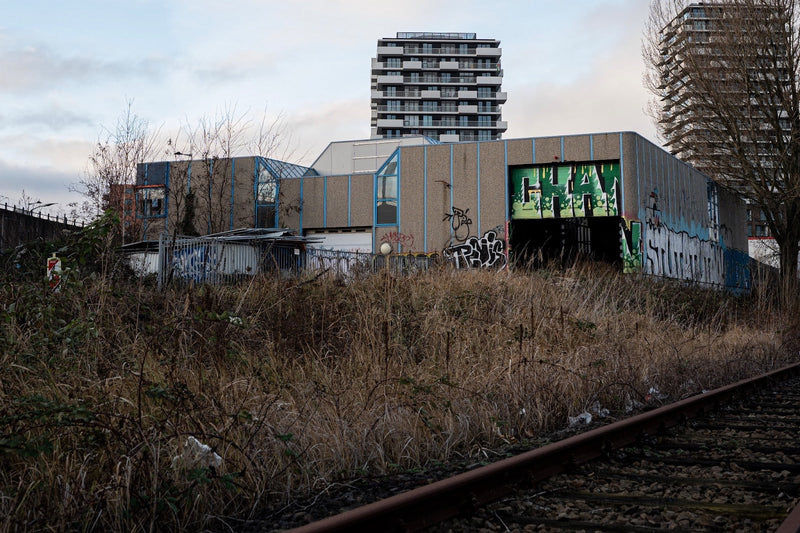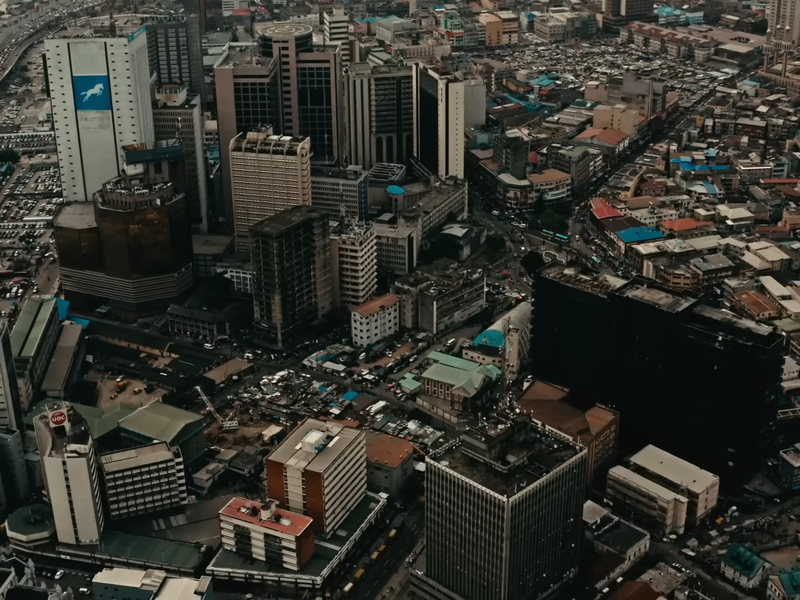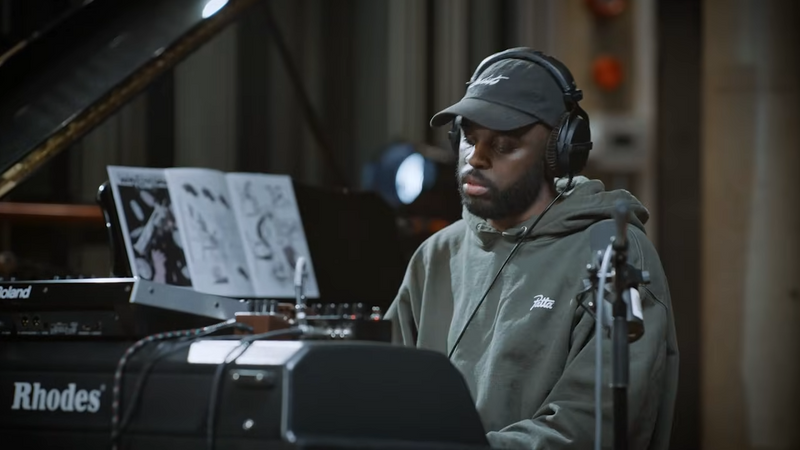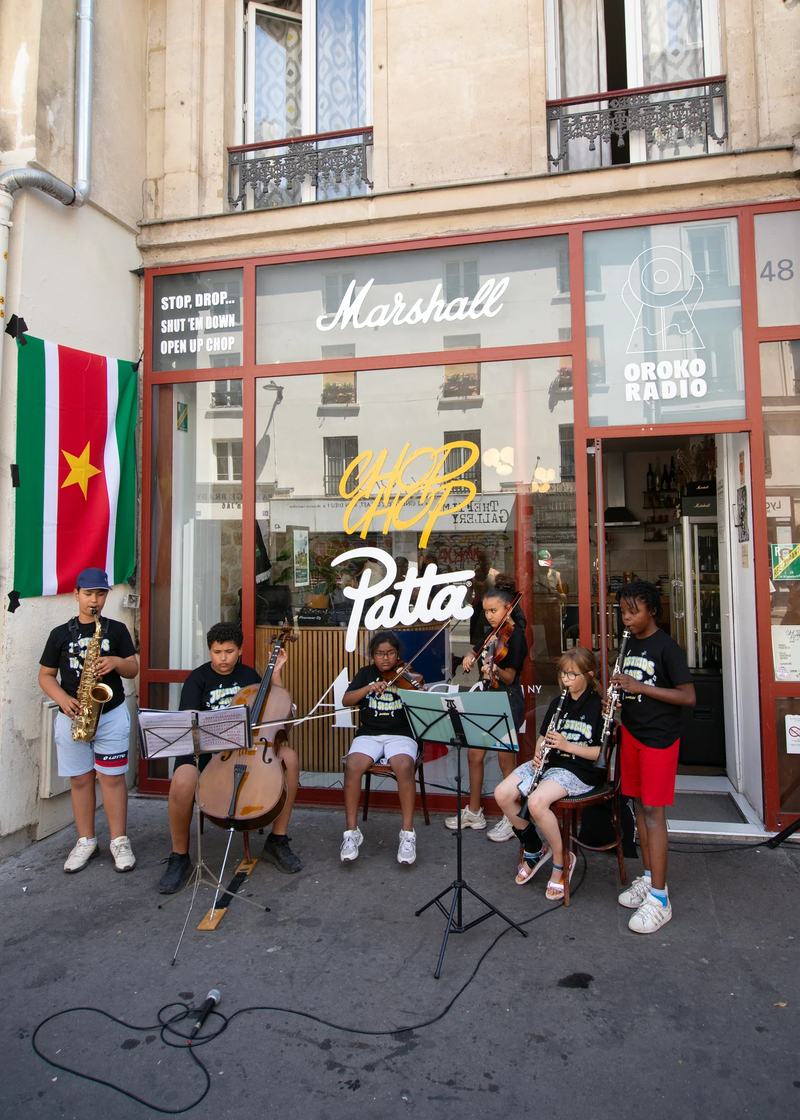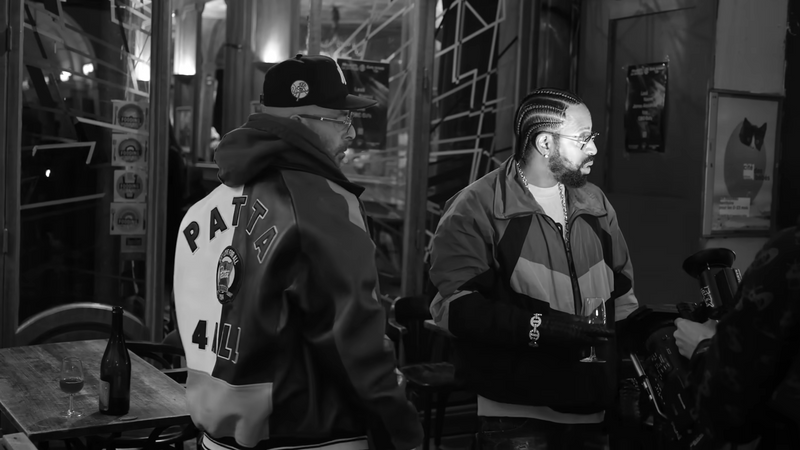On Roulette, his sixth studio release, the prolific producer, songwriter, pianist and MC Alfa Mist created a vivid sci-fi universe — a vast dystopia shaped by themes of revenge, forgiveness and redemption. Now, that world is brought into sharp focus in a new video capturing Alfa Mist performing tracks from the record live at Real World Studios.Filmed in the renowned Wiltshire studio complex, the performance strips Roulette back to its emotional core while amplifying its conceptual weight. Alfa Mist’s music has always grappled with big ideas, but here those ideas feel immediate and embodied. Roulette imagines a near-future where reincarnation is discovered to be real — a force connecting dreams, past lives and accumulated knowledge — raising urgent ethical, moral and philosophical questions. In this live setting, those questions resonate with renewed intensity.Across the performance, Alfa moves through selections from the album as if spinning the wheel once more: each track revealing a different character, mood and perspective. His unmistakable signature remains — lambent piano lines, intuitive grooves and moments of free-flowing jazz improvisation — but in the acoustics of Real World Studios, the music takes on a deeper, more cinematic presence. The smoky psychedelia of Roulette feels immersive and tactile, designed not just to be heard but fully felt.The video also highlights some of Alfa Mist’s most ambitious arrangements to date, including passages that glide effortlessly through shifting time signatures. “Life’s not always linear,” he has said — a philosophy that plays out vividly in the fluidity of the live performance.This Real World Studios session underlines Alfa Mist’s position as one of the most forward-thinking composers in UK music today. With melodies that linger long after the final note, the performance captures an artist in constant evolution. As Alfa puts it: “Music is a constant; it’s my state of mind that I keep chiselling and working on.” In this filmed performance, that process is visible, audible and deeply compelling.He performs in Amsterdam at Paradiso on Wednesday, January 28th. Tickets are available now.
